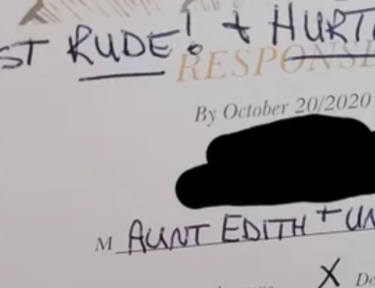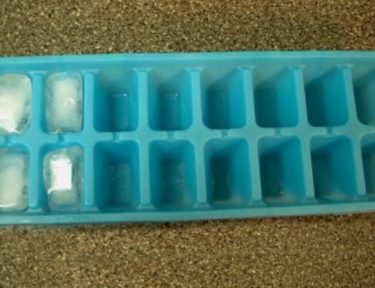Experts Recommend That Contact Lens Wearers Switch to Glasses Amid Coronavirus Outbreak
The coronavirus outbreak across the glove is kind of ruining everything. It’s ruining people’s ability to rely on a steady paycheck. It’s ruining parents’ sanity with their kids being home from school. It’s ruining all kinds of social events, from weddings to birthday parties and everything in between.
And now? Coronavirus is also ruining your ability to wear contact lenses.
Experts American Academy of Ophthalmology (AAO) are now recommending that if you’re a daily contact lens wearer that you should maybe reconsider and start wearing your glasses for the time being.
Why? You might touch your eyes or face less when you wear glasses, leading to less of a chance of contracting COVID-19.
The virus spreads mostly through respiratory droplets, aka when someone coughs or sneezes, but it can also spread if you touch a contaminated surface and then use the same hand to touch your eyes or face.
“When a sick person coughs or talks, virus particles can spray from their mouth or nose into another person’s face,” the AAO stated. “You’re most likely to inhale these droplets through your mouth or nose, but they can also enter through your eyes. You can also become infected by touching something that has the virus on it – like a table or doorknob – and then touching your eyes.”
Wearing glasses instead of contacts can act as a barrier—so even if you do wind up touching your face inadvertently, you may touch your glasses before you get to your face and put your hand down before any damage is done
“Substituting glasses for lenses can decrease irritation and force you to pause before touching your eyes,” said Dr. Sonal Tuli, a spokesperson for AAO.
Better safe than sorry!
If you don’t have glasses you can wear, then it’s vital to follow proper contact hygiene precautions—aka, make sure you only wear your contacts for the allotted time your eye doctor tells you.
Additionally, make sure you avoid touching the tip of your contact lens solution (where it pours out) and keep it away from any possible contaminated surfaces. The same goes for your contact case—always tightly close it instead of leaving it open.
You might also want to make sure you’re cleaning your contact lens case more often than usual, or replacing it often if you can. Typically, you should replace it every three months, but in this case, you may want to do it earlier.
Lastly, of course, it’s also important to wash your hands frequently, especially before and after putting your contact lenses in your eyes.
The AAO has more tips for proper contact lens care here.
Did you know that glasses might be able to help you steer clear of getting coronavirus? What other precautions have you taken to help slow the spread of the virus?




